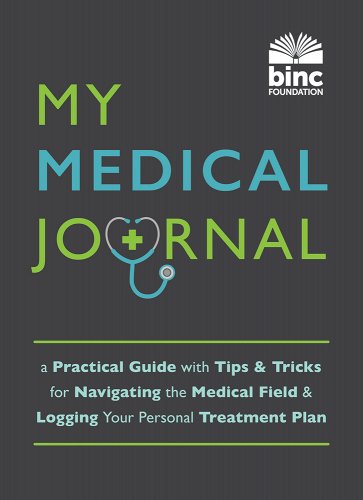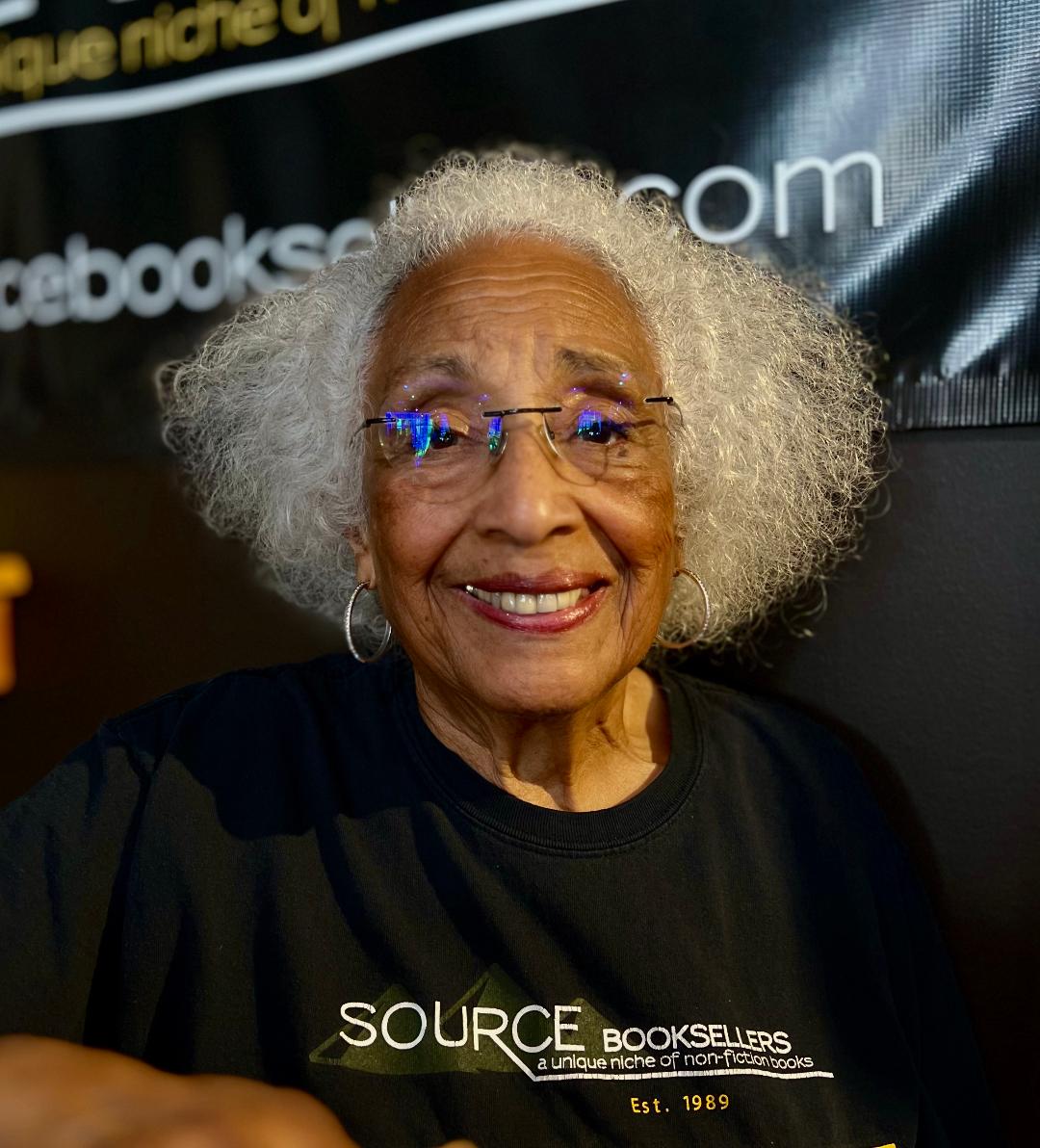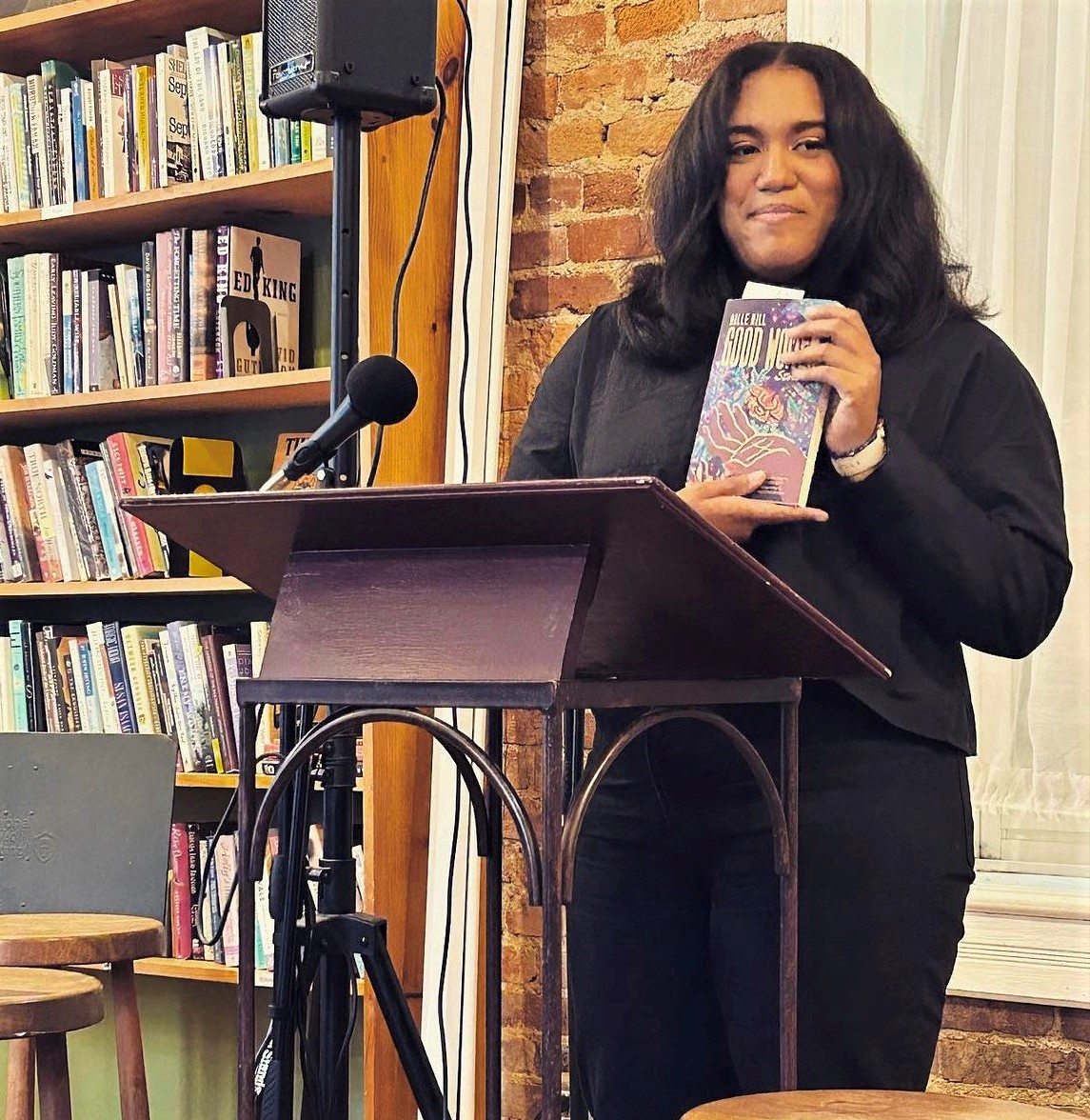Judge Issues Written Preliminary Injunction Against Texas's 'Sexual Rating' Law

Finding that Texas's "sexual rating" law "violates the Free Speech Clause of the First Amendment," federal district court judge Alan D. Albright yesterday issued a written order granting a preliminary injunction against implementation of the law. He also denied a motion from the defendants to dismiss the case. The judge had issued an oral preliminary injunction August 31. The law was scheduled to go into effect September 1.
The plaintiffs in the case--BookPeople, Austin, Tex., Blue Willow Bookshop, Houston, Tex., the American Booksellers Association, the Association of American Publishers, the Authors Guild, and the Comic Book Legal Defense Fund--issued a joint statement: "We thank the court for its clear and decisive ruling and applaud its finding that this law violates the First Amendment, imposes impossibly onerous conditions on booksellers, and ignores the vastly different community standards across local communities. Today is a great day for Texas booksellers, publishers, readers, and communities."
Under the law, all companies selling to school libraries, librarians, and teachers in Texas would have to assign ratings to books concerning their sexual content. (Titles for required curricula are exempted.) A book deemed "sexually explicit" would be banned, and a book deemed "sexually relevant" would have restricted access. The "sexually relevant" rating would cover, plaintiffs said, all non-explicit references, in any context, to sexual relations, and therefore "could apply broadly to health-related works, religious texts, historical works, encyclopedias, dictionaries, and many other works," including many classic works of literature.
The "sexually explicit" rating would apply to material describing or portraying "sexual conduct" that is determined to be "patently offensive," which Texas state law defines as an affront to "current community standards of decency."
The law also has a retroactive feature: by next April, all booksellers and other book vendors would have to submit to the Texas Education Agency a list of every book they've ever sold to a teacher, librarian, or school that qualifies for a sexual rating and is in active use. The stores also would be required to issue recalls for any sexually explicit books. If the Agency found that a bookstore has been incorrectly rating books, it could be banned from doing business with charter schools or school districts. The Agency could also override booksellers' ratings.
 |
|
| Judge Alan D. Albright | |
In his order, Judge Albright wrote that "the issue before this Court is whether the State of Texas is allowed to delegate the categorization to third parties like these plaintiffs. This Court holds that it may not, at least in the manner employed here.
"For whatever reason, Texas chose not to have anyone employed by the state at any level make the initial evaluation of the sexual content. It chose instead to impose this extraordinarily difficult and prohibitively expensive burden solely on third parties with totally insufficient guidance. And worse still, no matter how much time and expense the third parties invest in complying, the State (through the Texas Education Agency) retained the power to unilaterally alter any decision made by the third party.
"The TEA has the total, unilateral power to alter any rating with which they disagree. The posting of the assessment made by TEA--not the third party--would then appear on TEA's website as if the third party had made the assessment. Finally, the state denied the third parties the ability to appeal if they disagree with the State's ratings of any book. Therefore, this Court holds that the State of Texas impermissibly seeks to compel an individual or a corporation to create speech that it does not wish to make, and in addition, in which it does not agree with. The question faced by this Court is whether this law violates the Free Speech Clause of the First Amendment. For this and other reasons, the Court finds that this law violates the Free Speech Clause of the First Amendment."
The judge also wrote that the Texas law "fails to inform the public or any plaintiff whose community standard it is referencing. It is an open question whether this community standard is based on Austin, Texas, or Onalaska, Texas--or any of the more than 1,200 incorporated municipalities across Texas. The lack of any blueprint for the plaintiffs to follow creates a blunt reality that under this scheme it is guaranteed that different book distributors and sellers will arrive at different assessments with respect to hundreds if not thousands of books. While the TEA has the authority to resolve conflicts over what the correct assessment is--for potentially hundreds of books--there is no requirement in the statute that they do so, and it is unclear from the provisions of the statute what the plaintiffs (or school districts in Texas) would do in the interim. Thus, school districts across the state of Texas would be able to purchase a book of the exact same content from one provider but not another. Or, if they bought a book from one provider, they might be allowed to make it available to students without parental approval, but if they bought it from a different vendor, parental consent would be required."
The law's "requirements for vendors are so numerous and onerous as to call into question whether the legislature believed any third party could possibly comply," the judge added.






IPC.0204.S3.INDIEPRESSMONTHCONTEST.gif)








IPC.0211.T4.INDIEPRESSMONTH.gif)






 Congratulations to
Congratulations to 
 Diversity Dividend: The Transformational Power of Small Changes to Debias Your Company, Attract Diverse Talent, Manage Everyone Better, and Make More Money
Diversity Dividend: The Transformational Power of Small Changes to Debias Your Company, Attract Diverse Talent, Manage Everyone Better, and Make More Money The Vulnerables is not
The Vulnerables is not 